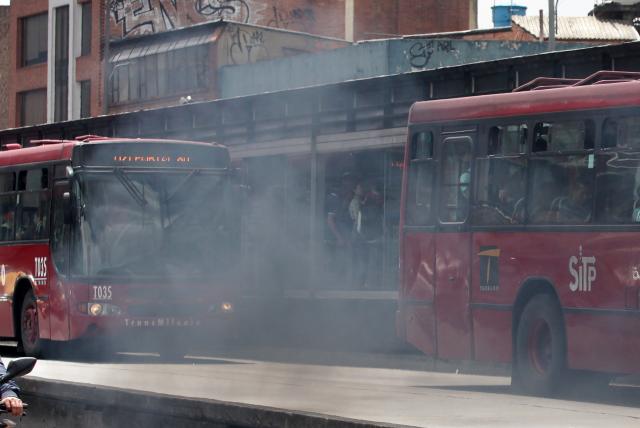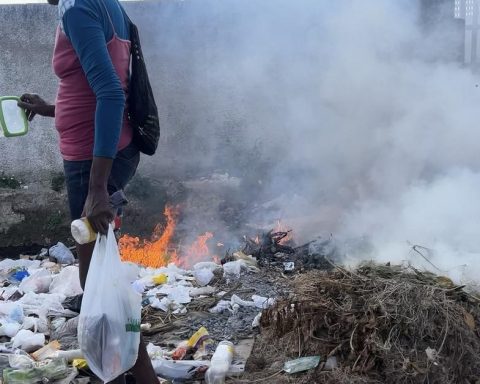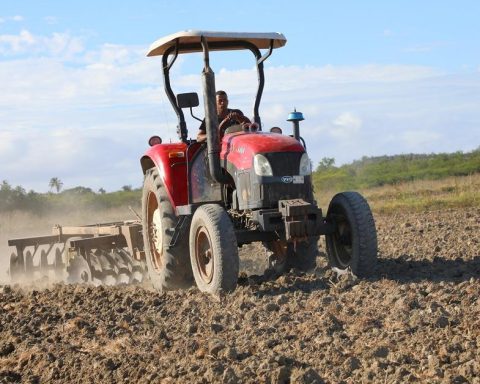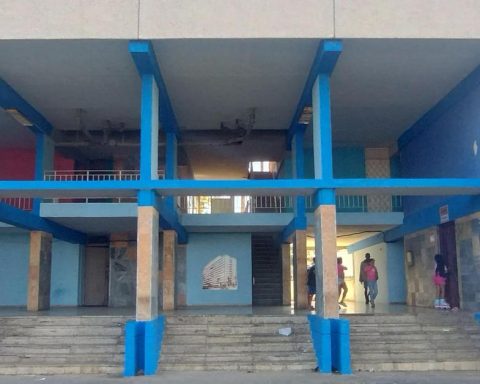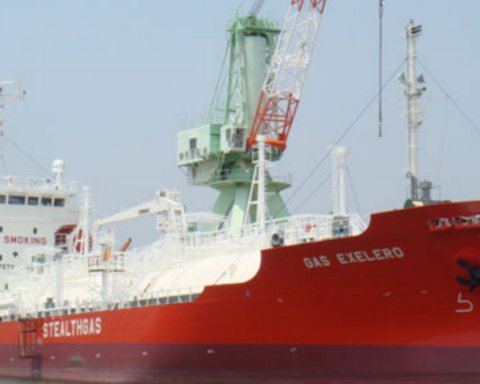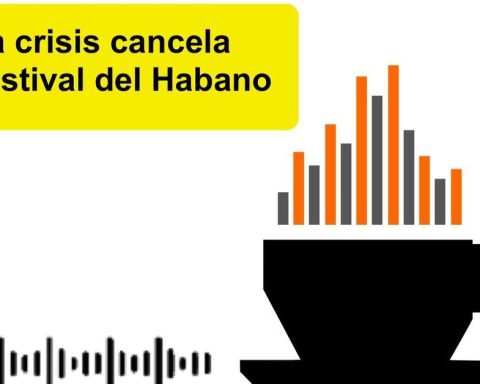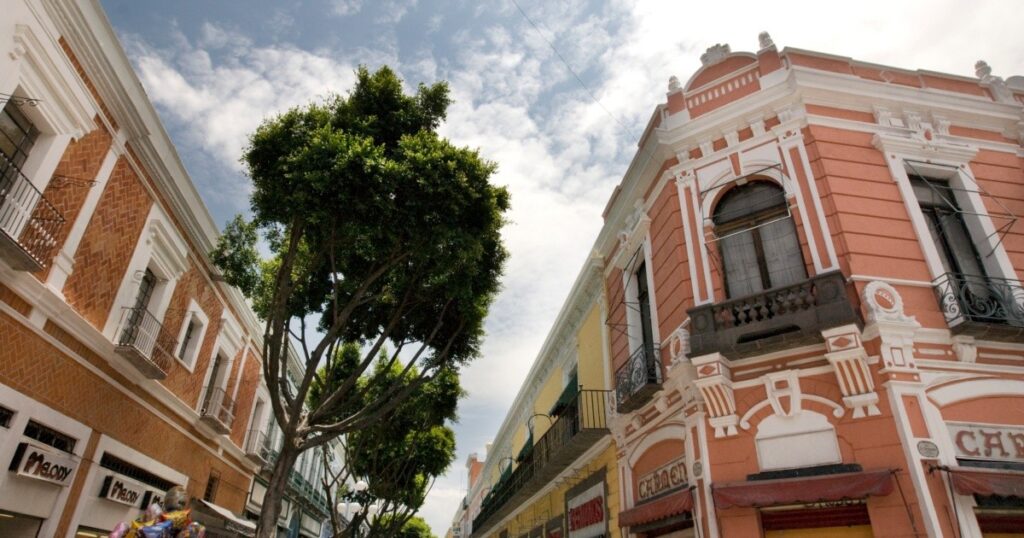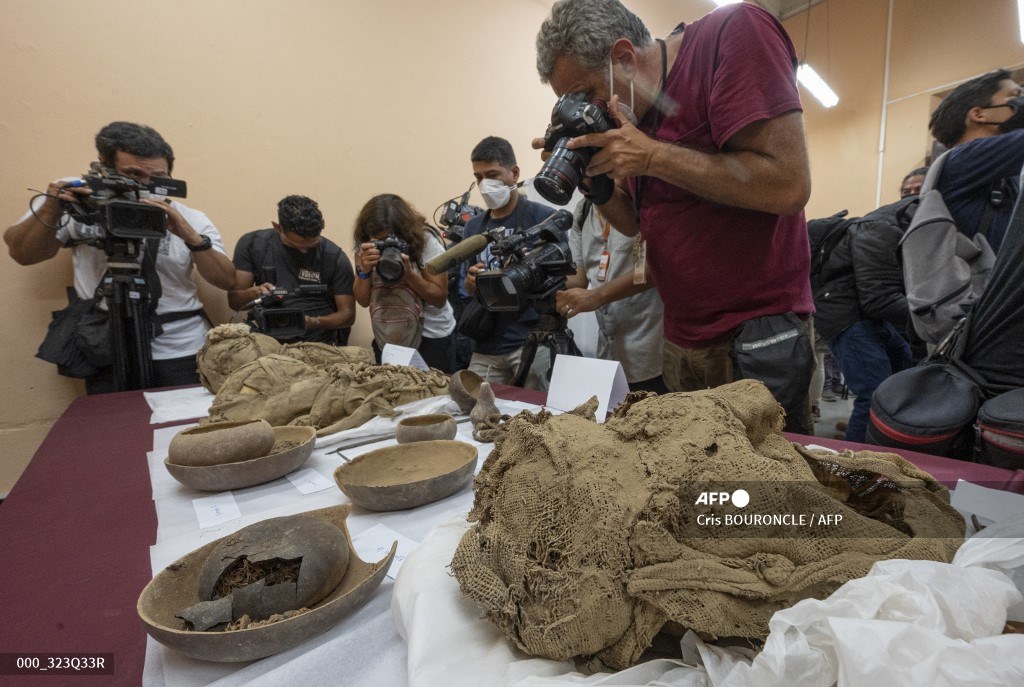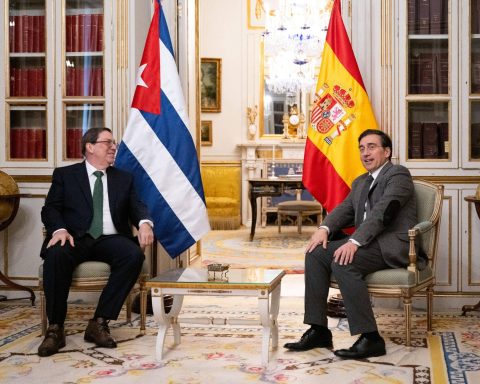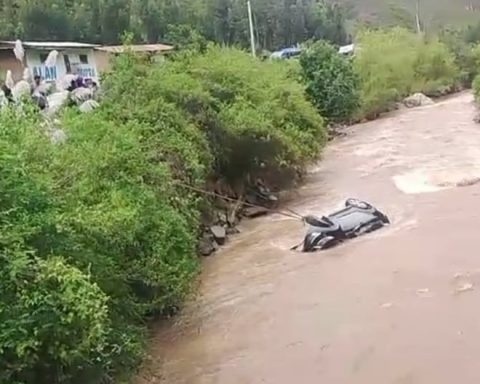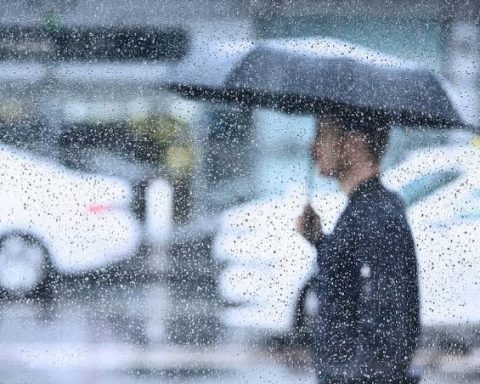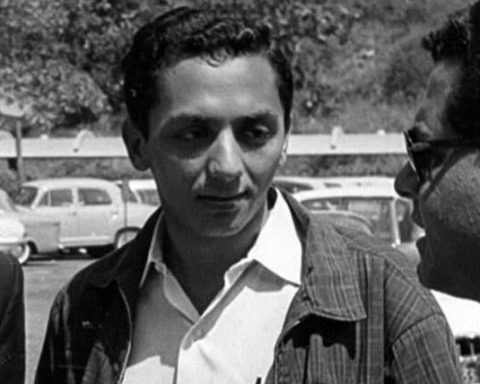The country does not exceed the Euro 2 standard (92 octane); while in the region there are fuels with at least Euro 4 (95 octane).
Through a statement, the Association of Automotive Companies of Ecuador (Aeade), denounced that the national authorities have not taken the necessary measures to comply with the offeringpending for several years, to improve the gasoline quality in the country.
Currently, those gasoline are sold in the domestic market with sulfur levels that were internationally banned more than 20 years ago.
According to the Aeade, the sulfur content in fuels It is the main cause of air pollution. Several scientific studies have shown that fine particles of sulfur When inhaled, they hydrate with the humidity of the mucous membranes and cause serious risks to the health of people and animals.
Among the main diseases are chronic respiratory diseases, lung cancer and heart conditions of all kinds.
International standards recommend that sulfur levels do not exceed 10 parts per million (ppm). To reduce the effects on air pollution as much as possible, Europe, the United States and other countries have established demanding standards of emissions of engines, which can only run on fuels with a very low carbon content. sulfur.
In Ecuador, the rules and regulations of the INEN allow that the fuels that are marketed have up to 650 ppm of sulfur and, in the case of diesel, it is even allowed to reach 7,000 ppm in certain areas.
“Fuels such as those available in the country were banned in Europe more than 20 years ago, when the Euro 3 standards, which unfortunately still apply in Ecuador, were revoked. That is to say, our country manages quality standards that are decades away from the European region, where the current standard is Euro 6.2, and even from Latin America, where most countries require a Euro 5 quality standard,” the Aeade pointed out.
In addition to the environmental and public health negligence involved in maintaining toxic fuels, vehicle owners are also affected, since they end up privately facing the wear and premature repairs of engines, manufactured for international quality fuels.
Similarly, companies are limited when it comes to offering more modern and efficient low-emissions vehicles due to incompatibility with the poorest quality fuels available.
Even the super gasolinewhich is the most expensive in the country with price released at around $4 per gallon, does not exceed Euro 2 quality (92 octane); while neighbors like Colombia and Peru have Euro 4 standards (95 octane).
Immediate Actions Needed
Aeade expressed its discomfort that neither the Minister of Energy nor the representatives of Petroecuador have failed to comply with the public commitment of the President of the Republic, Guillermo Lasso, in relation to making available to Ecuadorians fuels suitable for having Euro 5 automotive technologies, such as it was provided by Executive Decree 1158 of 2020.
As immediate actions, the automotive union proposes that, as of the second quarter of 2022, the new standard of the super gasoline is 95 octane, and from January 2023 the Extra gasoline and Ecopaís be 89 octane.
The plan to improve fuel quality by 2023 must also include diesel.
“From the Aeade and other sectors concerned about the well-being of Ecuadorians, we demand that you, Mr. President, take direct action on this commitment that your officials could not or did not want to execute,” the statement concludes.
The quality of fuels in Ecuador is one of the worst in Latin America, affecting the health of the inhabitants and the environment. The Government promised to improve it, concrete actions must be carried out to promote the change that is required. pic.twitter.com/mvDOHJMjiK
— AeadeEc (@AeadeEc) February 22, 2022
IT MAY INTEREST YOU:
Four men robbed and assaulted a woman in the north of Quito
Government investigates the sale of Banco del Pacífico in Miami
